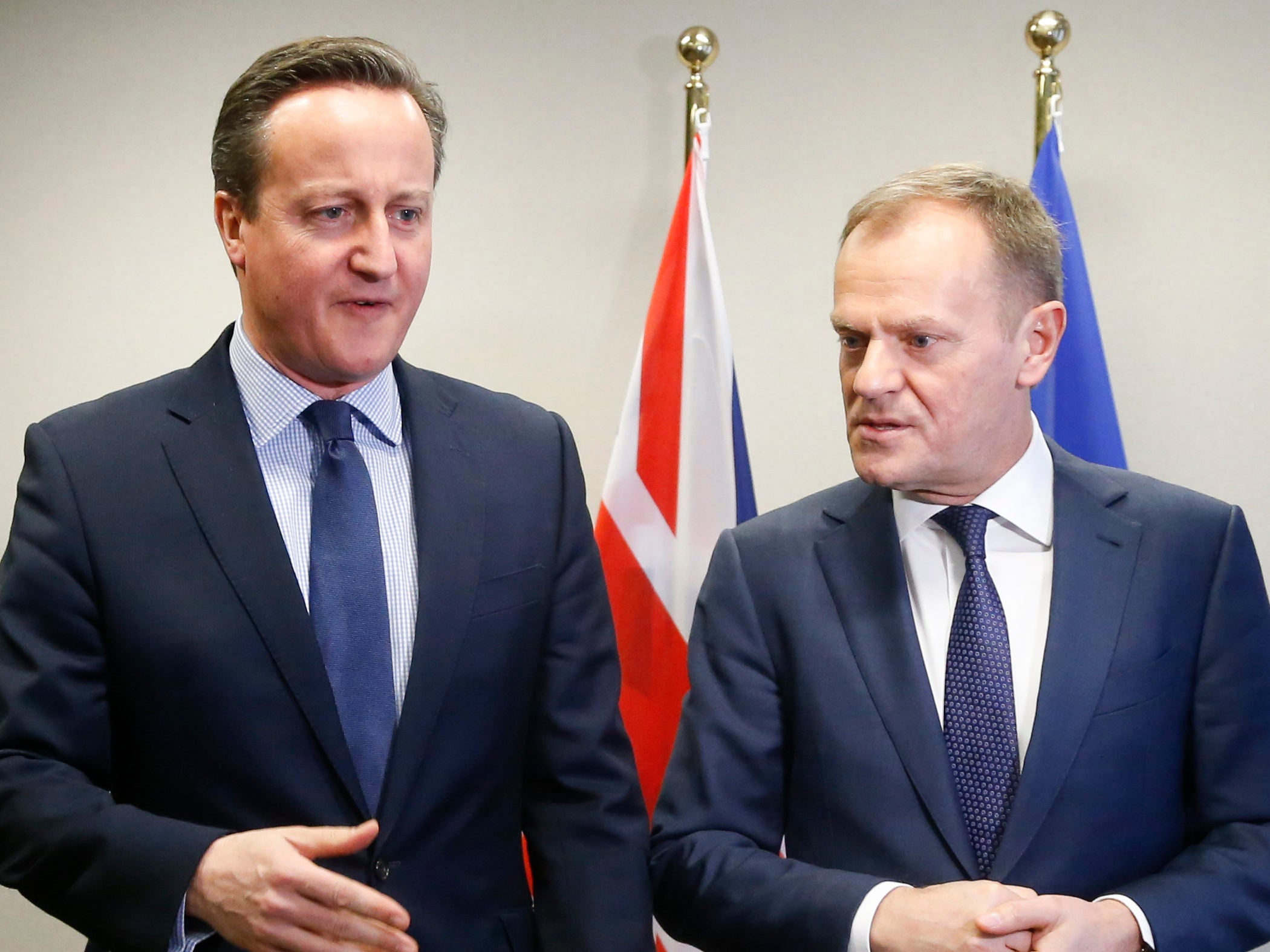
The documentary-maker behind a new BBC series examining the lead-up to the Brexit referendum has said working jointly with international broadcasters can enable better access to interview subjects.
Inside Europe: 10 Years of Turmoil is a three-part series, set to air on BBC Two from next Monday, from production firm Brook Lapping, which also produced the series Inside Obama’s White House.
The first episode goes behind the scenes on negotiations between former Prime Minister David Cameron and European leaders as he fought for UK concessions on a number of issues, including immigration.
It features interviews with former French presidents Nicolas Sarkozy and Francois Hollande, European Council president Donald Tusk, European Commission president Jean-Claude Juncker, former deputy prime minister Nick Clegg, and ex-cabinet ministers William Hague and George Osborne.
Speaking at a screening for the first episode yesterday, executive producer Norma Percy said: “We have two things that make people in these international programmes take us seriously.
“One is thank God for the BBC who commissions us and pays roughly half, but the rest of it is paid in this case by many other European broadcasters which means you can’t be biased because you have to serve a lot of masters.
“You can say to Sarkozy it isn’t just going to be a British plot, it’s got to please our French broadcaster as well.”
She said the other advantage for her team was that they make “multi-sided” documentaries where they “get everybody in the room”.
“That’s our way to give everybody a level playing field and take their story seriously,” she said. “I hope everybody thinks we produce as much evidence for each side.”
Despite this both Cameron and Theresa May were not interviewed for the film. Referring to Cameron (pictured, left) Percy said: “He said no. He’s writing his memoirs.
“He has an exclusive deal with his publisher that he speaks first with his memoirs and in order not to interfere with Theresa’s deals he put off the memoir from last October to next October.
“What I was afraid of was if the others would say ‘if you can’t even get Cameron why should we talk to you’ but the others [Hague and Osborne] do a good job for him. I hope [viewers] feel that he’s there.”
As for May, Percy said “of course” the team tried to get her on side, but “she had other things to worry about”.
Tusk (pictured, right) “really surprised” the documentary makers because “he took it so seriously”, Percy said.
His staff spent nine hours briefing them off the record before he went on camera, but they were still not expecting how “free” he would be in the interview, she said.
In the documentary Tusk tells Cameron to “get real” and that “no one has an appetite for revolution in Europe only because of your stupid referendum”.
Percy said that despite the rise of non-traditional media it had not become more difficult for her team to secure interviews with influential figures in front of a TV camera.
The series was commissioned by BBC director of content Charlotte Moore just days after the EU referendum and Percy admitted she was “filled with reservations”, fearing “by the time negotiation is over, everybody will be bored” of Brexit.
The BBC’s head of current affairs Joanna Carr said “in current affairs we do aim for timely” but added on deciding when exactly to air a particular programme that “we keep the way events in the real world might intersect with what we are showing under constant review”.
The first episode of Inside Europe will air the night before the next vote on May’s Withdrawal Agreement takes place in Parliament.
The other key difficulty was knowing what to leave out, Percy said pointing to the need for it to be a “snapshot” that goes in “tighter and tighter”, especially given the volume of material they were working with.
Director Tim Stirzaker said: “[What happened] is quite well documented but we wanted to go that little bit further and go inside the room.
“It’s a huge challenge – the time that goes on research in these things is enormous. The challenge is to work out we can’t do everything so what are the five or six moments that really do shape the story?”
Inside Europe: 10 Years of Turmoil airs at 9pm on Monday (28 January) on BBC Two. It will be followed by episodes the following Mondays about the Greek financial crisis and the migration crisis of 2015.
Picture: Reuters/Olivier Hoslet/Pool
Email pged@pressgazette.co.uk to point out mistakes, provide story tips or send in a letter for publication on our "Letters Page" blog
